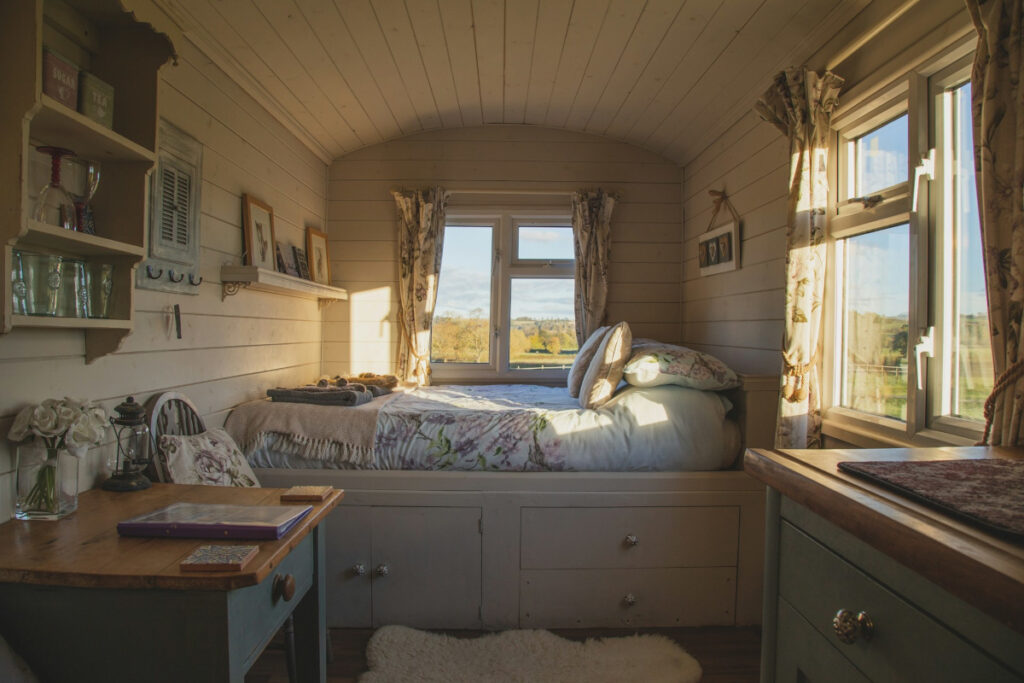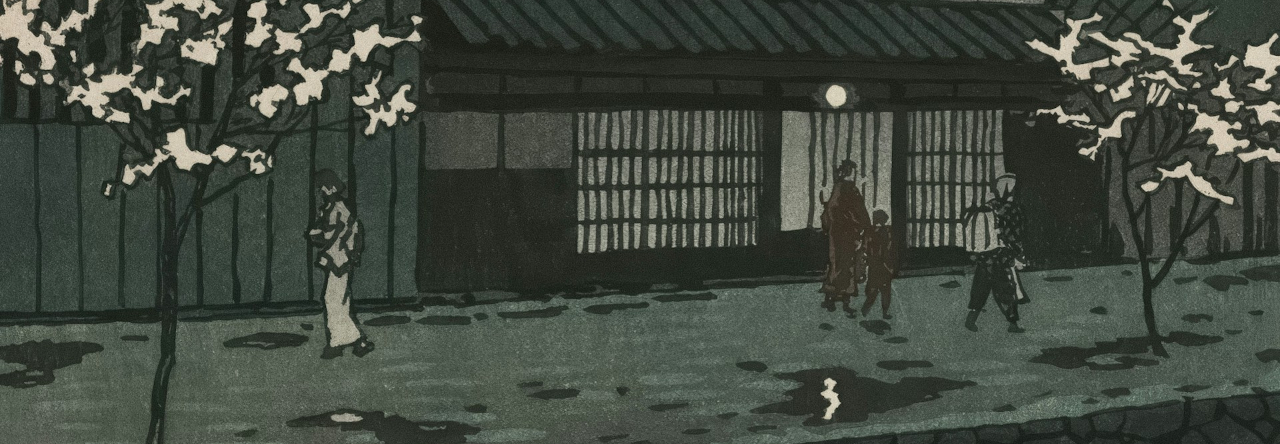I like to watch various people's takes on the solo play hobby [actual plays, advice, reviews, whathaveyou] and this Youtube Short from Grouch Couch popped up for me a day or two ago:
While I generally agree with the gist of what he is saying, there were some bits towards the end that gave me a bit of pause.
To clarify: I think that learning to trust yourself with the process is a great way to enjoy the hobby. Allowing the oracles and the tools to help you find some content makes things more interesting for me. But, I am less prone to cordoning off techniques that people might use to find their enjoyment.
This is solo play. The #1 benefit to the hobby is that you can play how you want to play. Prescriptivist lines holds little interest to me in the same way I do not care very much to distinguish between gamebook-players, print-and-play-players, solo-first-adventure-playing-players, and the sort of traditional-rpg-plus-oracle-players. I am very much in the latter camp but we all find our space.
If your space is to create exactly the adventure you want and you enjoy this, then go off, Space Pilgrim. Now, if you did that and it wasn't fun to you, or if you want to try something new, then experiment.
It's like a haircut that grows back really fast. Shave your bangs for a session. If you like it, keep shaving. If you don't, they will grow back immediately.
However, without occluding the type of game you want to play, I can give encouragement towards challenging yourself with trusting yourself in the process. Where that creative, storytelling spark might meet the game. Your balance will be personal to you and also can change back and forth.
To explain what I mean, let's look at the "bedroom example."
The Bedroom Example

Let's say your character {murder mystery, slice of life, horror game, fantasy game, whatever} is entering into a bedroom. I would guess that most of us have ideas of bedrooms. We probably have had one for some part in our life (including the present). We have seen them on TV shows and movies. It is relatively simple to look up articles about them, including those around the world and historical examples.
But this bedroom, what is in it?
There are stacks and stacks of techniques. Here are five or six off the top of my head which I have used frequently to answer such questions:
(1) Image type oracles such as the image oracles from "Maidenstead Miracles" and roll 3 times: (5,1) Pill Drop; (6,2) Steering Wheel; (3,3) Knife and Fork. The bedside table* has prescription pills. On the wall* hangs a poster of a 1960s* race car. Discarded food, a half-eaten chicken*, is on the floor.
(2) A specific table, such as "Items from a Boy's* Room" in Dicegeeks' Book of Random Tables: 1980s-1990s and again roll three times. (98) VCR, (08) Star Trek TOS VHS tapes recorded off TV, (91) Nintendo Duck Hunt gun. Those are pretty good as is so we'll leave it there.
(3) Ask a series of questions to a yes/no oracle like Mythic. Is there a bedside lamp?* Are there any signs of a crime?* Is it messy?* The questions will largely be determined by whatever you need to ask.
(4) Search Stock Art sites or Google Images (etc) and find an image that fits whether you use some random content generator to pick a result or simple go on vibes.* With the caveat that a lot of stock art sites will tend to be a bit "pretty" and other image searches can be a bit fraught.
(5) Generate some sensory data from random tables, such as Gamemaster Apprentice Decks: Horror. Again, let's draw 3. [c120] Rows of glyphs and sigils, [c77] Something that feels dry and scaly, [c118] The smell of stagnant water. We could combine these three into a pair of things: on the wall a group of sigils have been drawn* and underneath is an aquarium full of old water and a snake skin though there is no sign of the snake.*
(6) Creating an on-the-fly table based on things you need to know* such as "How many photographs* are on the walls (1d6)?" or "The color theme is {brown, gray, bright-and-colorful}*".
I think we can stop there but there are other methods and for each of them there tends to be a stack of other tools. Generally, if the bedroom is important or might be important, you will probably combine at least 2-3 of these. Note that "important" might simply mean something you are interesting in developing at the time.
Now, everything marked by the (*) asterisks are the elements where even if you are absolutely choking on a sinful glut of tools you have to meet things halfway. Even if I can reasonably say that most of us have an idea of a bedroom, what that means to each individual person can vary greatly.
I go back to Mythic with this: think about it terms of testing your own expectations. One person who sees "pills" might immediately go to prescription pills. Someone else might go to illegal drugs. Dr. Mario. Steroids. A medical textbook.
There is nothing wrong with going through multiple tools over and over until you have asked every detail about the room. Testing each photograph. Finding out the colors of socks. What can be seen outside the window. Mapping out the location of elements in the room. It can take literal hours to reach these level of details.
You can also just describe the bedroom by a few [3-5] keywords and be done. I can't tell you which is best for you game. You know the vibes you need better than I do. I can merely give you some tips on how to get there.
This is ignoring the additional problem of knowing which tools to even consult, which tools might exist, or which keywords might matter.
Learning To Trust Yourself with the Process
Which circles back around to the central core of this entire post. There is a process where the gameplay meets the creative process.
In solo play, you are often the gamemaster-type-person and the player-type-person at the same time. You can play in a way where you are only one or the other, but generally it will tend to involve both even if it is heavily sided to one or the other. You have to find the balance for yourself.
However, there are ways you can use the kind of advice that Grouch Couch is giving without any feelings that you are doing it wrong by deciding some elements based on vibe or arbitrary decision. Because we all have those arbitrary decisions.
Ultimately, even the questions we choose to ask is an arbitrary decision.
Set Aside Moments for the Oracles to Work
For a good number of elements, not necessarily every element, come up with a question or detail [and I would say come up with 1-3 but this is very situational] that you can test randomly. You have an immediate impression of a blue-eyed, blonde-haired police detective in their mid-40s? Sure. Now ask questions about how they dress. Do they smoke? What was their nickname in the academy? Poke around the story you are telling.
If nothing else, state something you feel like is fact in your game world and then ask a yes/no + and/but question if this is correct. Work from there without stressing over bringing in too many tools.
Do this until you get more comfortable with putting the bigger details to random chance.
Add Tools and Oracles Slowly
Unless you are a person who absolutely adores spending hundreds of dollars on Kickstarters and bookshops [my people!], chances are that you have to take time to accrue elements anyhow. Still, no matter your purchase-flow, try and slow down bringing new shovels to dig that ditch.
Start with just a tool or two until you find gaps. Then work in others. As you get better at using the tools in front of you, learning their ins-and-outs, limiting your tools to a few that truly spark all the joy is better even if they do not answer every question plainly.
If you feel stressed about trying to decide which stack of twenty- or thirty-books of random tables to actually consult, consider asking none of them.
Debrief Yourself (especially after you try something new)
In whatever journal you use, including none, take a few minutes after you try something new to simply ask what you did and did not enjoy. If you write down micro-reviews of your processes (or record yourself discussing them), it can help you to get a feel of whether you are improving your experience or adding in stress.
If It Is Not Working, Ignore It or Tweak It
A big hang-up that can happen, especially kind of early in the process, is you to go to something like the Universal NPC Emulator to try and find out a character and you get (15, 12) Rational Journeyman whose motivation is (33, 50) Hinder Sensuality and for whatever reason that simply makes no sense for the NPC you need.
I like to try and roll with it as a twist, to try and find some middle ground (and frankly, that sounds exactly like an NPC I would have in my games), but occasionally you are at a point where it will interrupt your game to try and figure it out.
If you ever reach this case, you can either (1) fully ignore it, (2) reroll to see if you get a result that more vibes with what you need, or (3) tweak one or more elements. There is also a (4): interpret it widely to make it fit.
The important note is that sometimes deciding where an oracle result does not fit your game can be the oracle result. If you flip a coin to ask "yes" or "no" and you find yourself hating the answer, that might be all the answer you need.
Try Reading/Watching other Players
Even in the case that it is solo play and what you do with it is up to you, it does feel useful to me to just watch some other people going through solo games. Read a few actual play notes. That kind of thing.
While watching someone figure out questions, pay attention to your feelings. Do you think they are asking the right questions? Interpreting the results correctly? Are they being too harsh on themselves? Not harsh enough?
Witnessing others going through their version of the process can help you to figure out your own.
Credits
Header: from Photo by The Walters Art Museum on Unsplash.
"Rural Bedroom": Photo by Devin Kleu on Unsplash.
